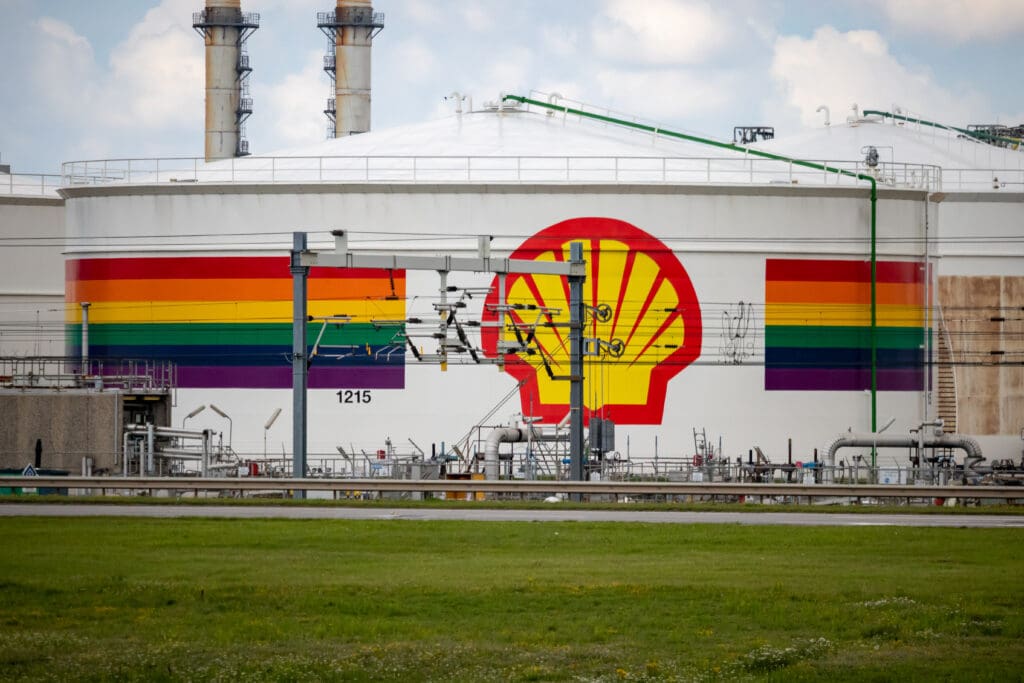Shell has abandoned plans to build a giant biofuels factory in Rotterdam, a decision analysts say delivers a major setback to Europe’s ambition of decarbonising aviation.
The plant, announced in 2021 and paused last year, was intended to become one of Europe’s biggest converters of waste into sustainable aviation fuel (SAF) and biodiesel. But after a review, Shell concluded the project was “insufficiently competitive” and too costly to complete.
Ashley Kelty, analyst at Panmure Liberum, called the move “another nail in the ideological coffin for SAF and biofuels”, warning it will make green jet fuel more expensive and scarce. “It means that SAF is going to be more expensive, limited in supply and therefore difficult for airlines to justify using,” he said.
SAF, made from waste such as used cooking oil, has been slow to scale up due to faltering production and high prices.
Machteld de Haan, Shell’s downstream, renewables and energy solutions president, admitted the company had little choice: “As we evaluated market dynamics and the cost of completion, it became clear that the project would be insufficiently competitive to meet our customers’ need for affordable, low-carbon products. This was a difficult decision, but the right one, as we prioritise our capital towards those projects that deliver both the needs of our customers and value for our shareholders.”
The Rotterdam facility was part of Shell’s pledge to transform 14 oil refineries into five low-carbon energy sites, cutting production of traditional fuels by 55% by 2030. The company had targeted increased supply of biofuels and hydrogen to meet transport sector demand.
But those ambitions are being scaled back as Shell pivots back toward oil and gas, amid pressure to improve shareholder returns.
The reversal poses a challenge for European governments and airlines, which face binding mandates to use more SAF. The UK and EU both require 10% of aviation fuel to be sustainable by 2030, but progress is lagging.
A widening gap for aviation
Aviation is the fastest-growing source of transport emissions. The UK alone consumes 11 million tonnes of aviation fuel annually, generating 37 million tonnes of CO₂ in 2024, more than double 1990 levels.
Despite government pledges, Britain has only one SAF producer: Phillips 66’s Humber refinery, which produces around 20,000 tonnes a year — just 0.2% of demand. Former Prime Minister Boris Johnson’s “jet zero” policy promised five UK SAF plants, but none have been built.
The EU faces similar challenges as multiple projects stall. Without large-scale facilities like Shell’s Rotterdam plant, meeting 2030 mandates looks increasingly unrealistic.
Despite cancelling Rotterdam, Shell said it remains committed to biofuels. “We continue to believe that low-carbon molecules, including biofuels, will underpin the future energy system,” de Haan said. “Shell is at the forefront of this industry and its development as one of the world’s largest traders and suppliers of biofuels, including SAF.”
The UK Department for Transport said it remained committed to its “jet zero” targets but declined to comment on Shell’s decision.
For airlines facing rising climate scrutiny, the collapse of one of Europe’s flagship SAF projects underscores the gulf between policy ambition and industrial reality — and raises fresh doubts over whether aviation can meet its net zero deadlines.


